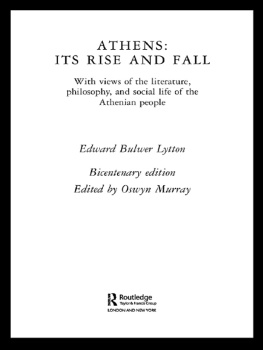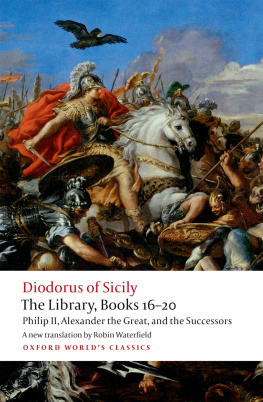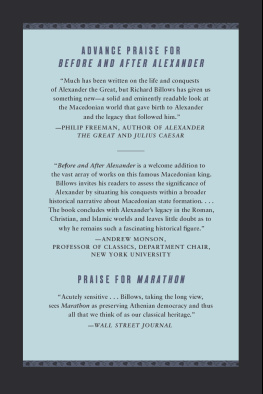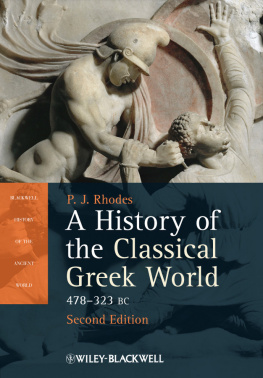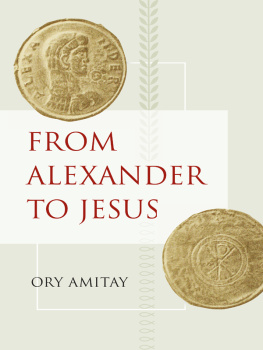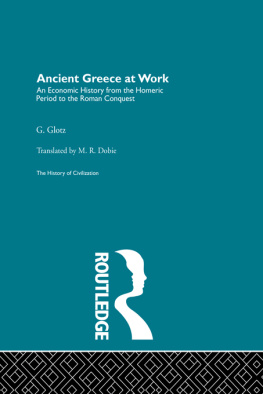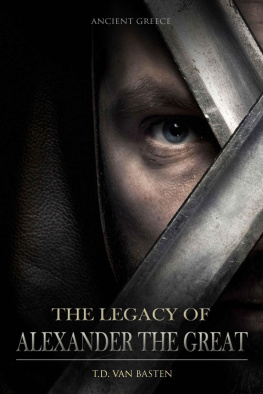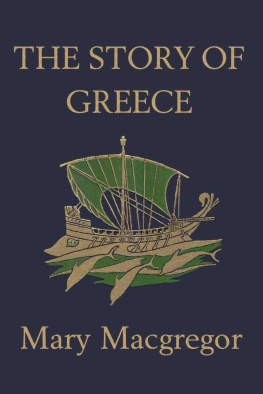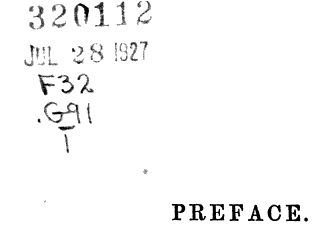A History of Greece from the Earliest Period to the Close of the Generation Contemporary with Alexander the Great
George Grote
Google Book Search
This is a digital copy of a book that was preserved for generations on library shelves before it was carefully scanned by Google as part of a project to make the world's books discoverable online. See the back of the book for detailed information.
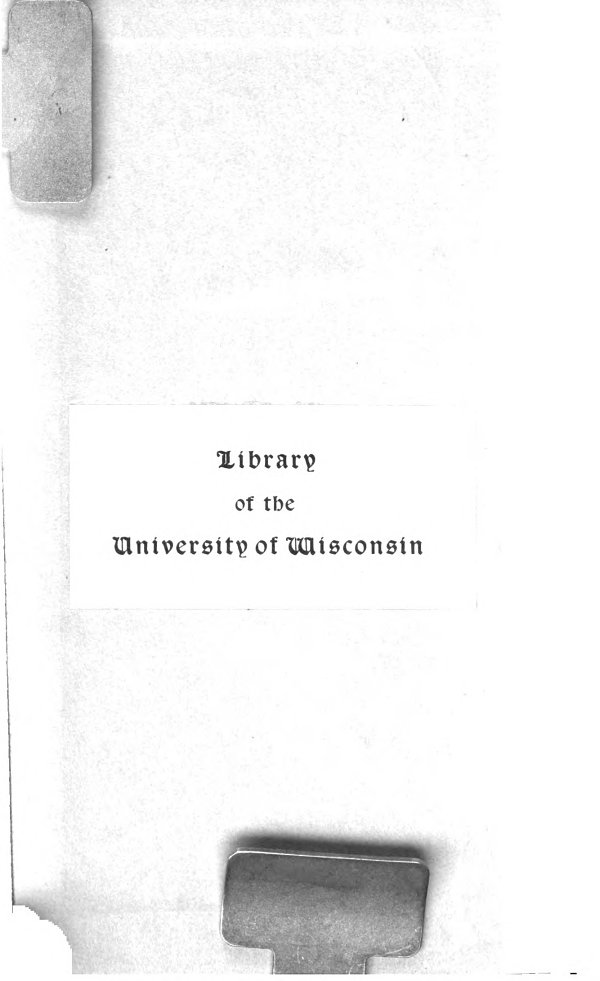


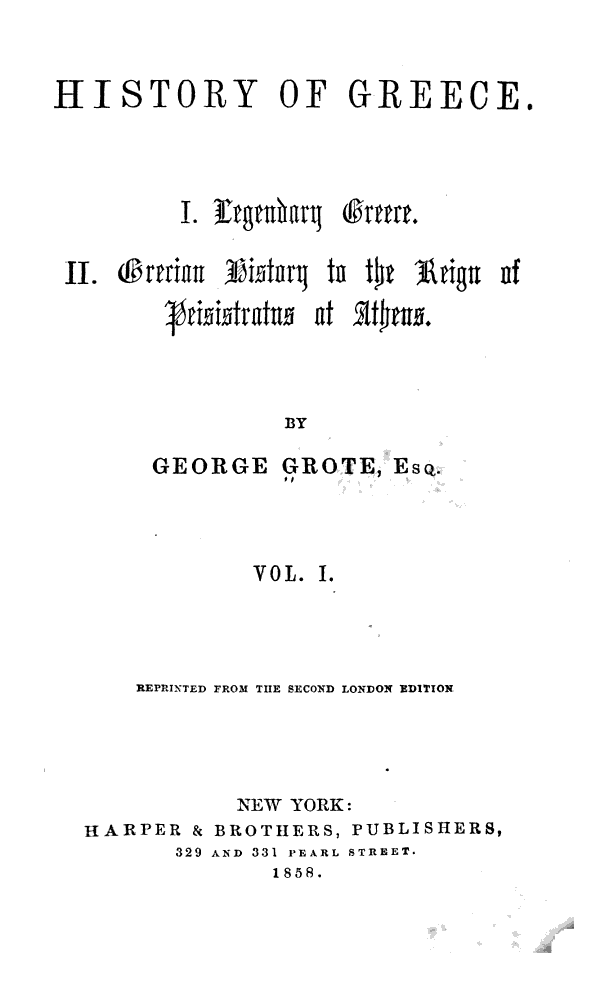
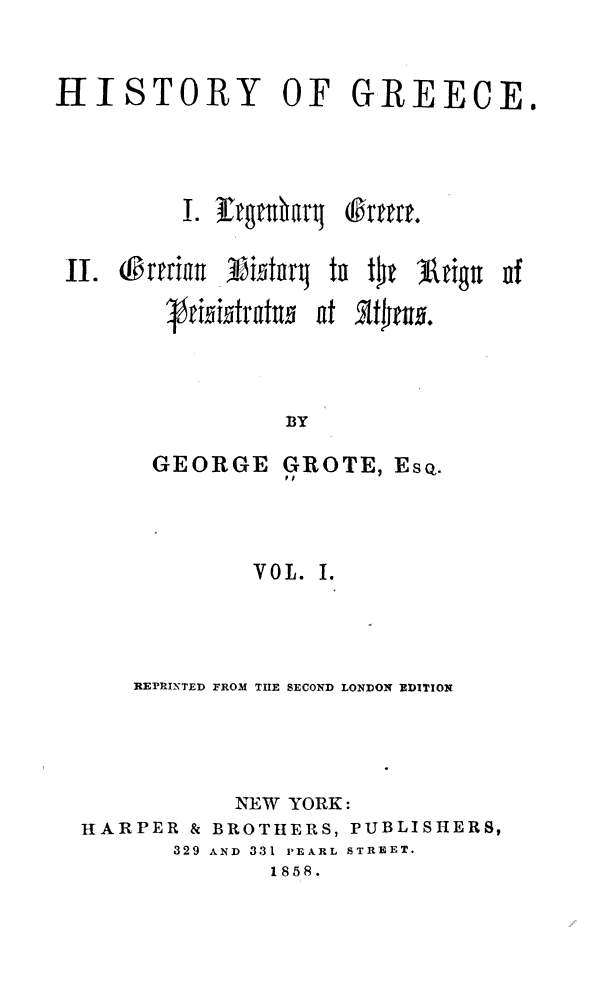
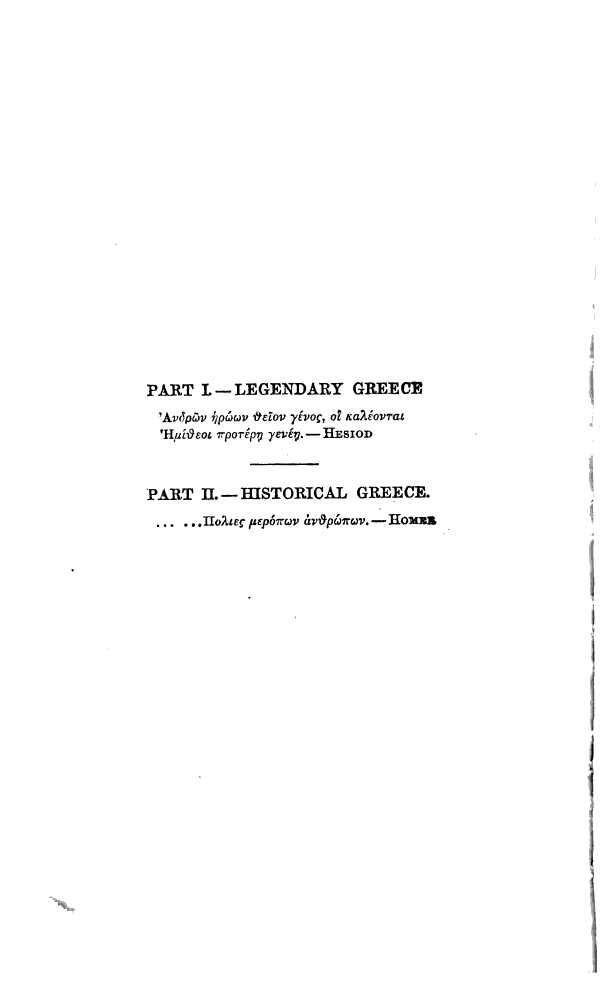
The first idea of this History was conceived many yeara ago, at a time when ancient Hellas was known to the English public chiefly through the pages of Mitford; and my purpose in writing it was to rectify the erroneous statements as to matter of fact which that History contained, as well as to present the general phenomena of the Grecian world under what I thought a juster and more comprehensive point of view. My leisure, however, was not at that time equal to the execution of any large literary undertaking; nor is it until within the last three or four years that I have been able to devote to the work that continuous and exclusive labor, without which, though much may be done to illustrate detached points, no entire or complicated subject can ever be set forth in a man ner worthy to meet the public eye.
Meanwhile the state of the English literary world, in reference to ancient Hellas, has been materially changed in more ways than one. If my early friend Dr. Thirlwall's History of Greece had appeared a few years sooner, I should probably never have conceived the design of the present work at all; I should certainly not have been prompted to the task by any deficiencies, such as those which I felt and regretted in Mitford. The comparison of the two authors affords, indeed, a striking proof of the progress of sound and enlarged views respecting the ancient world during the present generation. Having studied of course the same evidences as Dr. Thirwall, I am better enabled than others to bear testimony to the learning, the sagacity, and the candor which pervado his excellent work: and it is the more incumbent on me to give expression to this sentiment, since the particular points on which I shall have occasion to advert to it will, unavoidably, be points of dissent oftener than of coincidence.
The liberal spirit of criticism, in which Dr. Thirwall stands so much distinguished from Mitford, is his own: there are other features of superiority which belong to him conjointly with his age. For during the generation since Mitford's work, philological studies have been prosecuted in Germany with remarkable success: the stock of facts and documents, comparatively scanty, handed down from the ancient world, has been combined and illustrated in a thousand different ways: and if our witnesses cannot be multiplied, we at least have numerous interpreters to catch, repeat, amplify, and explain their broken and half-inaudible depositions. Some of the best writers in this department Boeckh, Niebuhr, 0. Miiller have been translated into our language; so that the English public has been enabled to form some idea of the new lights thrown upon many subjects of antiquity by the inestimable aid of German erudition. The poets, historians, orators, and philosophers of Greece, have thus been all rendered both more intelligible and more instructive than they were to a student in the last century; and the general picture of the Grecian world may now be conceived with a degree of fidelity, which, considering our imperfect materials, it is curious to contemplate.
It is that general picture which an historian of Greece is required first to embody in his own mind, and next to lay out before his readers; a picture not merely such as to delight the imagination by brilliancy of coloring and depth of sentiment, but also suggestive and improving to the reason Not
PREFACE. >
omitting the points of resemblance as well as of contrast with the better-known forms of modern society, he will especially study to exhibit the spontaneous movement of Grecian intellect, sometimes aided but never borrowed from without, and lighting up a small portion of a world otherwise clouded and stationary. He will develop the action of that social system, which, while insuring to the mas3 of freemen a degree of pro tection elsewhere unknown, acted as a stimulus to the crea tive impulses of genius, and left the superior minds sufficiently unshackled to soar above religious and political routine, to overshoot their own age, and to become the teachers of pos terity.
To set forth the history of a people by whom the first spark was set to the dormant intellectual capacities of our nature, Hellenic phenomena, as illustrative of the Hellenic mind and character, is the task which I propose to myself in the present work; not without a painful consciousness how much the deed falls short of the will, and a yet more painful conviction, that full success is rendered impossible by an obstacle which no human ability can now remedy, the insufficiency of original evidence. For, in spite of the valuable expositions of so many able commentators, our stock of information re specting the ancient world still remains lamentably inadequate to the demands of an enlightened curiosity. We possess only what has drifted ashore from the wreck of a stranded vessel; and though this includes some of the most precious articles amongst its once abundant cargo, yet if any man will cast his eyes over the citations in Diogenes Laertius, Athenseus, or Plutarch, or the list of names in Vossius de Historicis Grsecis, he will see with grief and surprise how much larger is the proportion which, through the enslavement of the Greeks themselves, the decline of the Roman Empire, the change of religion, and the irruption of barbarian conquerors, has been irrecoverably submerged. We are thus reduced to judge of the whole Hellenic world, eminently multiform as it was, from a few compositions; excellent, indeed, in themselves, but bearing too exclusively the stamp of Athens. Of Thucydides and Aristotle, indeed, both as inquirers into matter of fact, and as free from narrow local feeling, it is impossible to speak too highly; but, unfortunately, that work of the latter which would have given us the most copious information regarding Grecian political life his collection and comparison of one hundred and fifty distinct town constitutions has not been preserved : and the brevity of Thucydides often gives us but a single word where a sentence would not have been too much, and sentences which we should be glad to see expanded into paragraphs.



